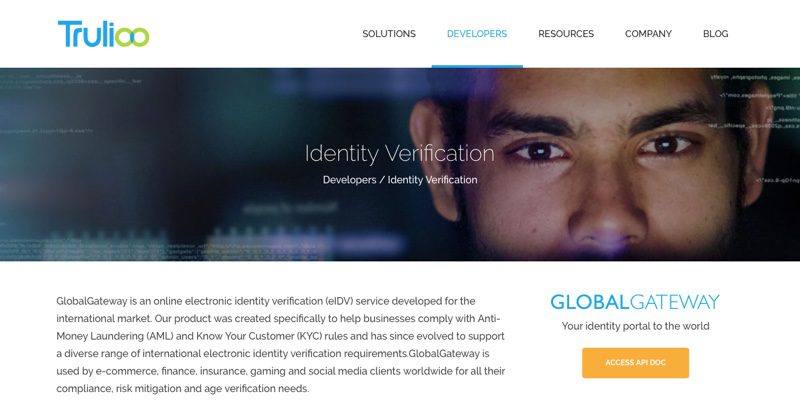
The run up to the General Data Protection Regulation (GDPR) and the second Payment Services Directive (PSD2) in Europe has created a few opportunities and multiple challenges for banks and fintechs alike. As banks scramble to understand the changes and adapt their policies, a handful of fintech companies has seized the opportunity, launching solutions to help banks comply with the new regulations. No matter if you’re a bank or a fintech, early preparation is key to success. Here are a few steps to take before the regulations hit:
Prepare your team
Communication is key to any large endeavor, and this is no exception. Take the time to brief members of your team; not only the ones whose jobs will be directly impacted by GDPR and PSD2 changes, but also those who have a less direct connection. Building a fundamental understanding of data security and an open API mindset into your company or bank’s culture can effect the passion and drive behind the adoption of new tools and innovations to comply with the new regulations.
Revamp consent disclosures
Under GDPR, companies can no longer have complicated, illegible terms and conditions. End users must be able to access these documents without difficulty and they must be presented in an easy-to-understand format. Because legal ramifications hinge on these documents, it is key to include all necessary elements to protect your company, bank, and employees.
Implement early
The earlier you implement changes, the more time you will have to adjust and adapt your policies (and re-adjust and re-adapt). You’ll be better off, as well. If you’re a fintech, get ahead of your competitors by offering a product that facilitates GDPR and PSD2 compliance. If you’re a bank, start shopping now for third-party solutions that span the scope of your needs and fit your existing model.
 At FinDEVr London next month, NuCypher CEO MacLane Wilkison, along with the company’s CTO, Michael Egorov, will be leading a roundtable discussion titled Regulatory compliance and data protection in the era of GDPR and PSD2. Check out the FinDEVr London website for the full agenda and information on how you can become involved in the discussion. Register today and save your spot.
At FinDEVr London next month, NuCypher CEO MacLane Wilkison, along with the company’s CTO, Michael Egorov, will be leading a roundtable discussion titled Regulatory compliance and data protection in the era of GDPR and PSD2. Check out the FinDEVr London website for the full agenda and information on how you can become involved in the discussion. Register today and save your spot.



